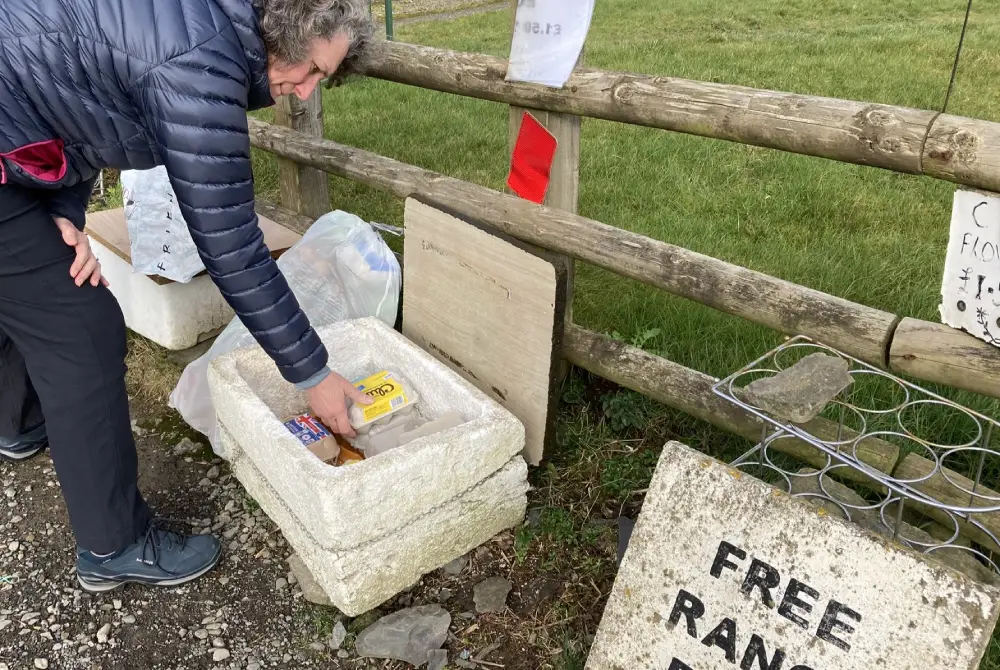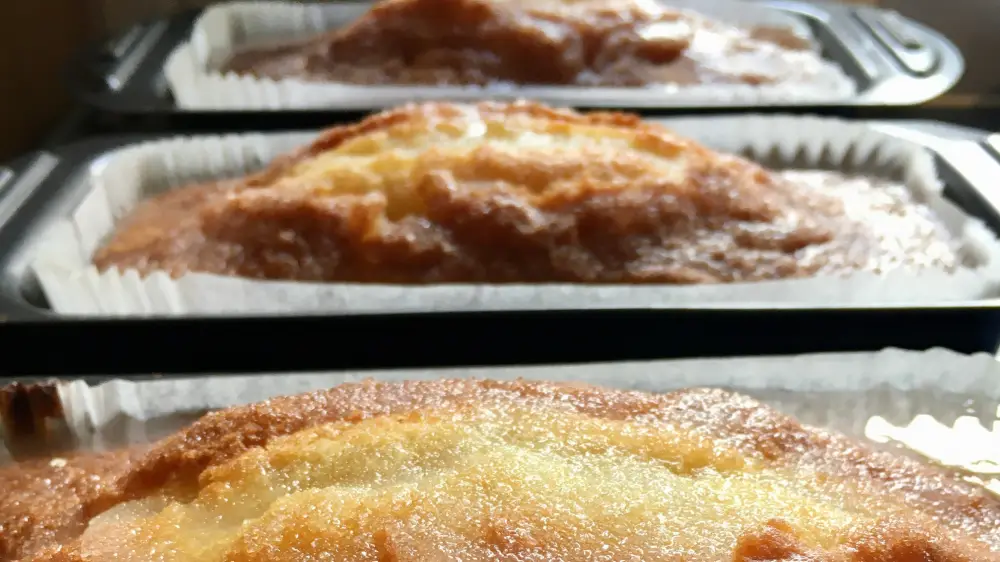What Do We Mean By Local Food?
At the School House, we’re all about local food. But what does “local” really mean to us?
For starters, it begins at home. At the begining of every year, we make marmalade with Seville oranges. We buy the oranges from Myriad Organics on Corve Street in Ludlow.
Another breakfast favourite is our damson jam. We make it using damsons from our garden. If our tree doesn’t give enough, our Chapel Lawn neighbours often have extra.
One Chapel Lawn neighbour keeps bees and supplies us with honey.
All these goodies go on toast made with our homemade bread. The bread’s a mix of white and wholegrain flour, 50/50. It’s just flour, yeast, olive oil, sugar, salt, and water. That’s it. No preservatives means we bake fresh bread on most days.
Lots of our guests enjoy a cooked breakfast made with several local ingredients.
We’ve used the same sausage supplier for years now. We first discovered Maynards, who are based near Shrewsbury, at the Ludlow Food Festival. Their cracked black pepper sausages are delicious.
Our eggs come from a nearby farm gate in Clunton, which is about three miles away. We pay with cash in their honesty box.

Bacon usually comes from D.W. Walls in Ludlow town centre. They’re one of several great butchers in the area.
In your room’s silent fridge, you’ll find filtered tap water and Radnor Hills bottled water. Radnor Hills is bottled close to us —just two miles over the hill or five miles by road.
Another homemade item found in your room will be the tasty lemon drizzle cake. It is very rare that we go into the room after guests have left and find any remains of the cake.

These are just some of the homemade and local foods that we use.
You can see that we really do try to make use of local suppliers and provide many homemade edibles for our guests.
